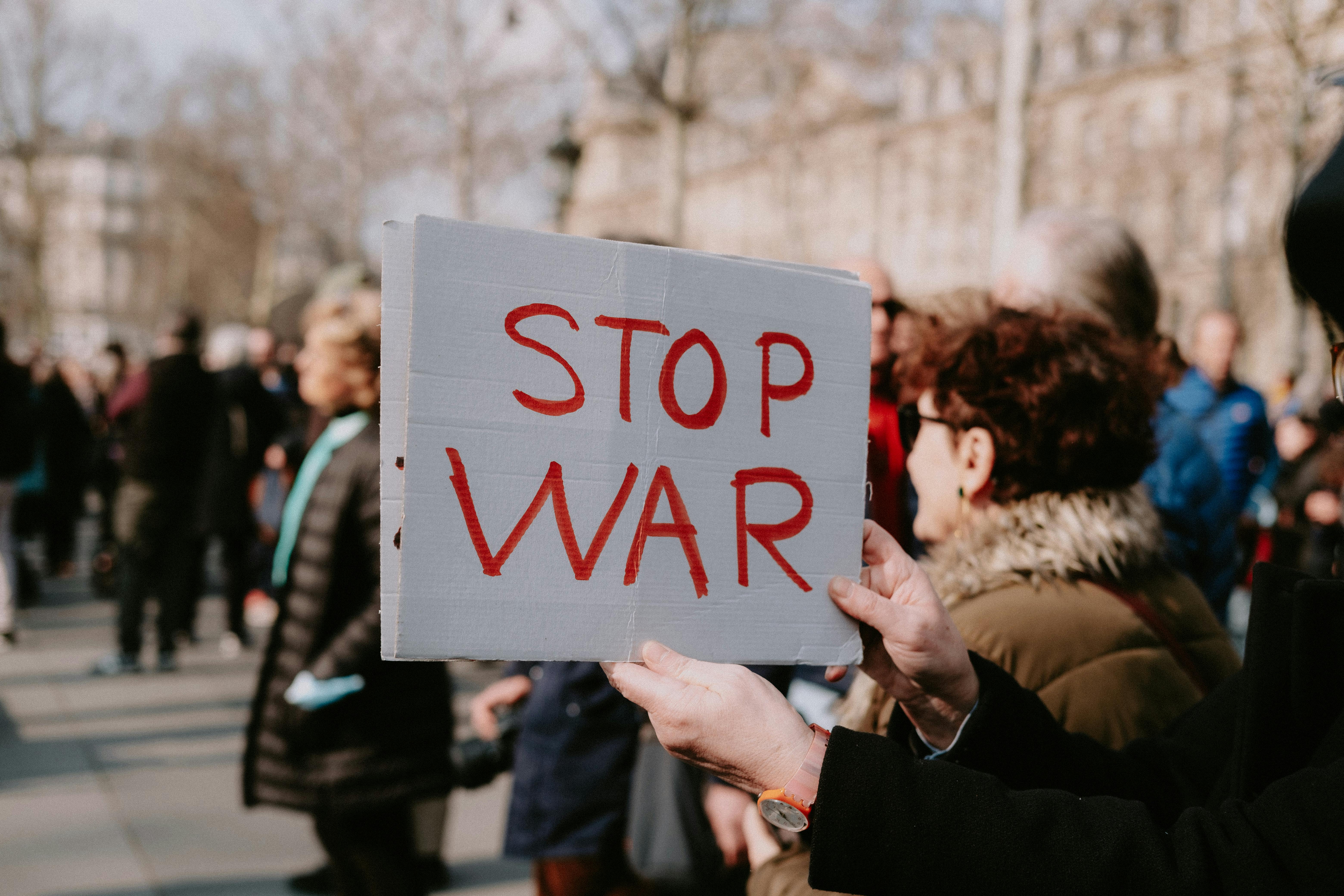Gaza Ceasefire Negotiations To Resume In Qatar: Blinken And Qatar Lead Diplomatic Push

As the conflict between Israel and Gaza intensifies, U.S. Secretary of State Anthony Blinken announced that ceasefire negotiations are set to resume in Qatar. In a joint statement with Qatar’s Prime Minister Mohammed bin Abdulrahman al Thani, Blinken highlighted the critical role Qatar is playing in facilitating these negotiations, offering hope for a peaceful resolution amid escalating violence in both Gaza and Lebanon.
Details of the Ceasefire Talks
Qatar has long played a key role as a mediator in the Israeli-Palestinian conflict, and this latest effort to host ceasefire discussions reaffirms its position as a diplomatic hub in the region. The decision to restart talks comes at a time when tensions have reached new heights, with continuous Israeli airstrikes and retaliatory actions from militant groups in Gaza.
The resumption of talks is seen as a crucial step towards de-escalation, but the path to a sustainable ceasefire remains fraught with challenges. Previous attempts at peace have been undermined by deep-seated mistrust between Israel and Hamas, and the fragile security situation on the ground adds another layer of complexity to the upcoming negotiations.
Humanitarian Aid from the U.S.
Alongside the announcement of the ceasefire talks, Secretary Blinken also confirmed that the United States will provide $135 million in humanitarian aid to Palestine. This aid package is designed to support civilians who are suffering from the ongoing conflict, with funds earmarked for healthcare, emergency relief, and rebuilding efforts in war-torn areas.
Blinken emphasized that the U.S. remains committed to supporting the Palestinian people while balancing its long-standing strategic relationship with Israel. The aid will provide immediate relief for thousands of Palestinians, many of whom have been displaced or injured by the fighting.
Current Conflict Situation
The announcement of the renewed talks comes at a time of heightened violence in the region. In recent days, Israeli forces have conducted multiple airstrikes, not only in Gaza but also in southern Lebanon. These strikes are part of Israel’s broader campaign against Hezbollah, the Lebanese militia it accuses of aiding Hamas. Lebanon’s army confirmed that three of its soldiers were killed during an Israeli strike, underscoring the expanding scope of the conflict.
In Gaza, the situation remains dire. A recent Israeli strike on a school killed at least 17 people, including children, in what has been described as one of the deadliest single attacks of the current campaign. The civilian death toll continues to rise, raising urgent concerns about the humanitarian crisis that has engulfed the region.
International Reactions and Diplomatic Challenges
The renewed efforts for a ceasefire have been welcomed by various international actors, including Egypt and Jordan, both of whom have historically played active roles in mediating Middle East peace efforts. However, the road to achieving a ceasefire remains difficult, with many obstacles still to be addressed.
The United Nations has called for restraint from all parties involved, urging Israel to minimize civilian casualties while asking Hamas to halt its rocket attacks. Yet, the diplomatic challenges are significant. Deep divisions within the international community regarding support for Israel and Palestine, coupled with ongoing military actions, complicate the process. Additionally, a lasting peace agreement will require substantial guarantees from both sides, something that has proven elusive in past efforts.
Conclusion
As Secretary Blinken and Qatari officials prepare to host ceasefire talks, the hope for peace hangs in the balance. The $135 million U.S. aid package is a clear signal of America's commitment to alleviating the humanitarian crisis, but the broader question of achieving lasting peace remains unanswered.
The outcome of these negotiations will have profound implications not only for the people of Gaza and Israel but for the future of the Middle East. While the road ahead is uncertain, the resumption of diplomatic efforts offers a glimmer of hope amid the chaos and destruction. As Blinken noted, the U.S. remains dedicated to supporting a peaceful resolution, but the success of these talks will ultimately depend on the willingness of both sides to make meaningful concessions for peace.
Author: Brett Hurll
The Self-Destructive Nature Of Anti-Tourism Protests: Balancing Resident Concerns With Tourism Benefits
In recent years, anti-tourism protests have become increasingly common across popular tourist destinations. From the Bal... Read more
Military And Strategic Implications Of The Ukrainian Drone Attack In Kursk
On a recent morning, the Kursk region in south-western Russia witnessed an unexpected and significant event: a Ukrainian... Read more
Chinese Tech Stocks Gain Ground Despite Wall Street Technology Sell-Off
Chinese tech shares in Hong Kong gained on Friday, defying a technology stock sell-off on Wall Street, driven by strong ... Read more
Defense Pact Between Britain And Germany: A Focus On Cybersecurity And Joint Operations
In a move set to redefine European defense collaboration, Britain and Germany have signed a comprehensive defense pact a... Read more
US Secret Service Director Steps Down After Trump Assassination Attempt
Security lapses admitted by Kimberly Cheatle prompt resignation.Kimberly Cheatle, the head of the US Secret Service, has... Read more
Kamala Harris Promises A Brighter Future In Official Campaign Launch
In a vibrant and impassioned campaign launch, Vice President Kamala Harris vowed to lead America toward a "brighter futu... Read more

